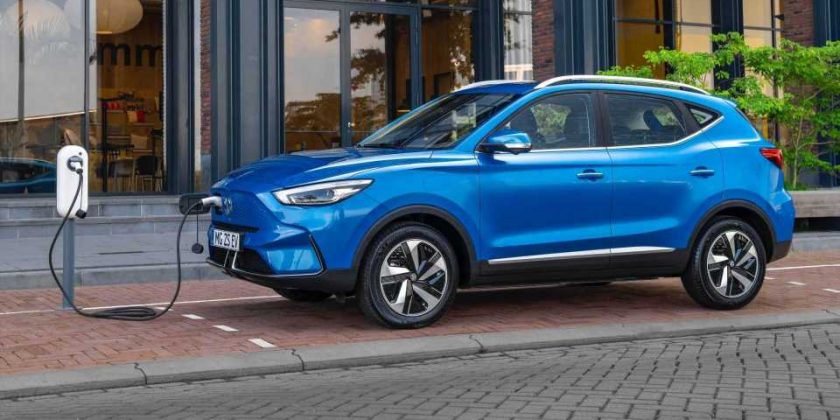The government has cut its Plug-In Car Grant for electric vehicles, reducing the size of the subsidy overnight. With little warning, the Department for Transport (DfT) confirmed the grant would be cut from £2,500 to £1,500, and the funding would only be available for cars costing less than £32,000.
It’s the latest in a long line of Plug-In Car Grant cuts, following a decision that saw the price cap cut to £35,000 earlier this year, while the subsidy was cut to £2,500. The announcement saw a flurry of manufacturers moving to cut vehicle prices to remain under the £35,000 cut-off, with Kia being among the most notable movers.
Now, the grant has fallen to £1,500 for most private cars, while the price cap has been reduced yet again. However, the rules are slightly different for wheelchair-accessible vehicles, which will retain the £2,500 grant and the higher £35,000 price cap.
Transport Minister Trudy Harrison said the changes to the system would prioritise funding for more affordable vehicles, rather than premium models.
“The market is charging ahead in the switch to electric vehicles,” she said. “This, together with the increasing choice of new vehicles and growing demand from customers, means that we are refocusing our vehicle grants on the more affordable vehicles and reducing grant rates to allow more people to benefit, and enable taxpayers’ money to go further.
“We want as many people as possible to be able to make the switch to an electric vehicle, which is why we will also be introducing new rules to make it easier to find and pay at chargepoints. This will ensure drivers have confidence in our charging infrastructure, as we look to reduce our carbon emissions, create green jobs and level up right across the UK.”
But the RAC said the change was stifling customer choice, with around 20 new electric cars now meeting the criteria.
“This disappointing cut means that only around 20 EV models are now eligible for the grant which doesn’t leave a great deal of choice for consumers,” said RAC head of roads policy, Nicholas Lyes. “RAC research suggests that drivers already feel the upfront cost of electric vehicles is too high, so this has to be seen as a step in the wrong direction. With a little luck, additional models coming on to the market will help negate the government’s cut to the plug-in car grant. In the meantime those wanting to make the switch may be well advised to take advantage of more affordable leasing options.
“While it’s true that sales of electric vehicles have been growing strongly, it’s worth noting that this is still from a relatively low base. We’re concerned the government has taken this step too soon.”
Source: Read Full Article



